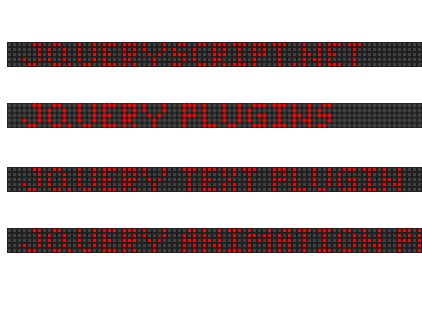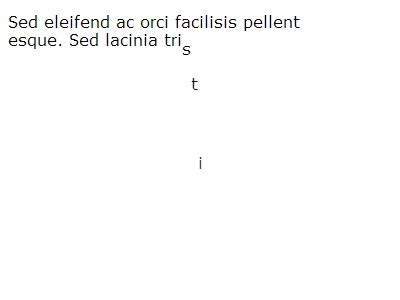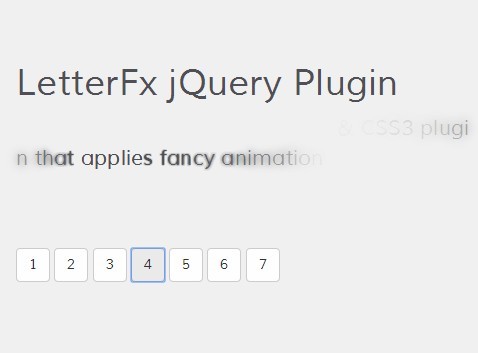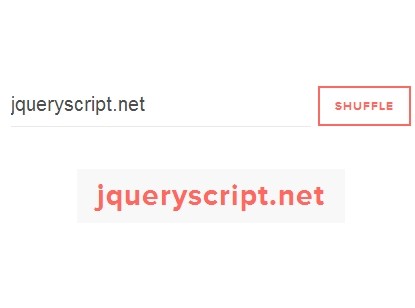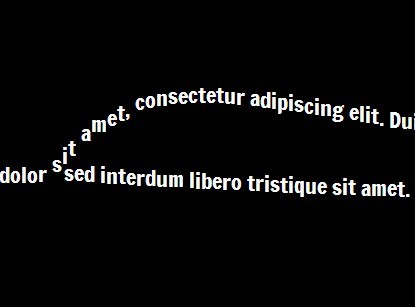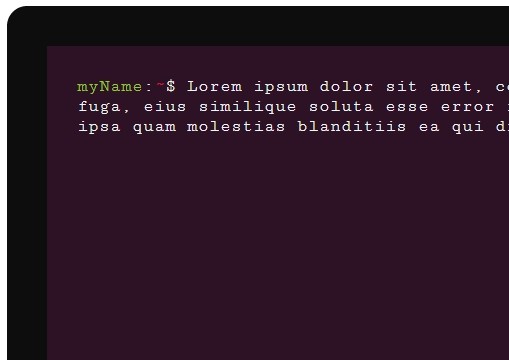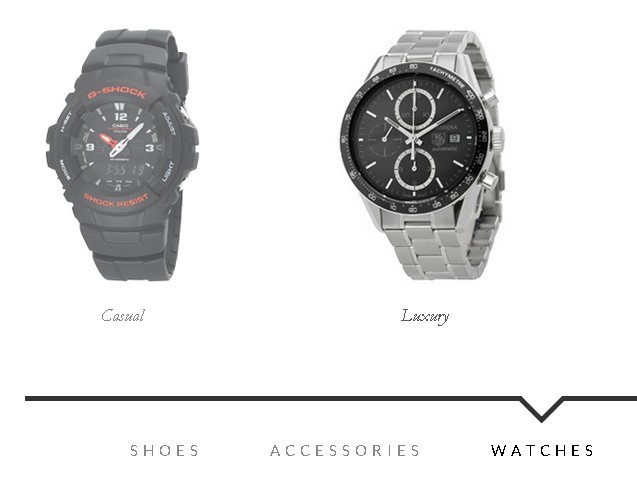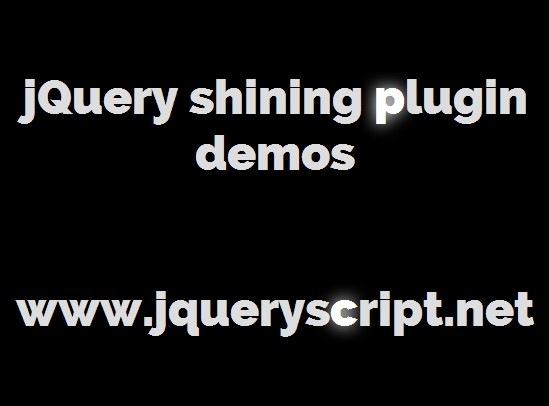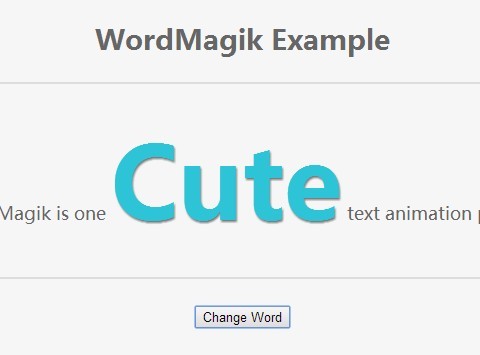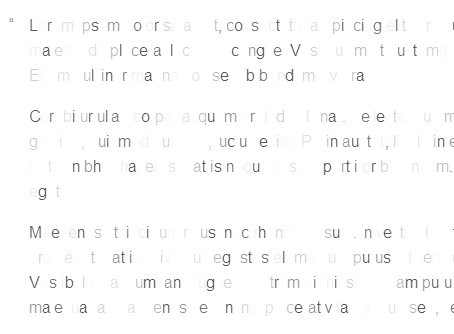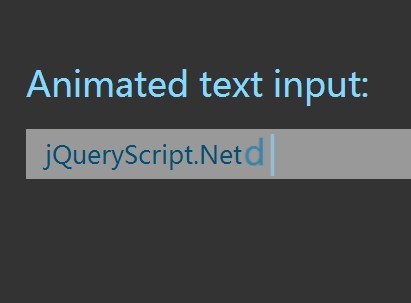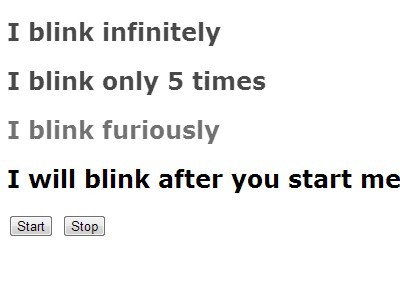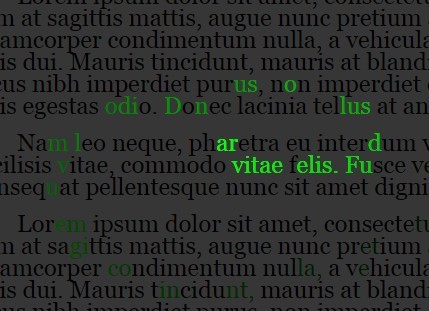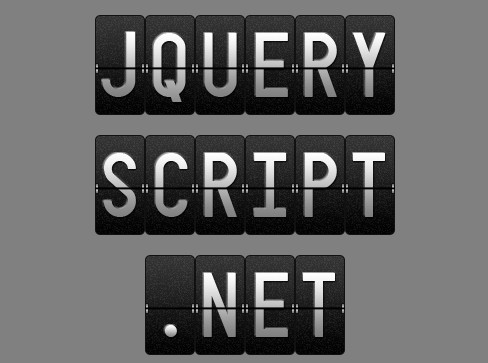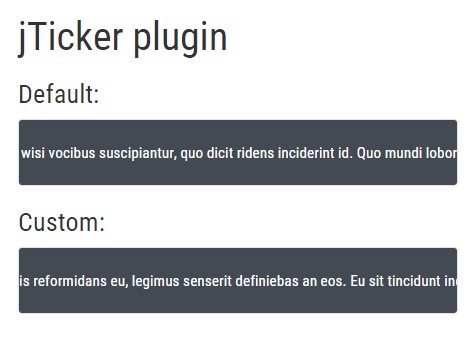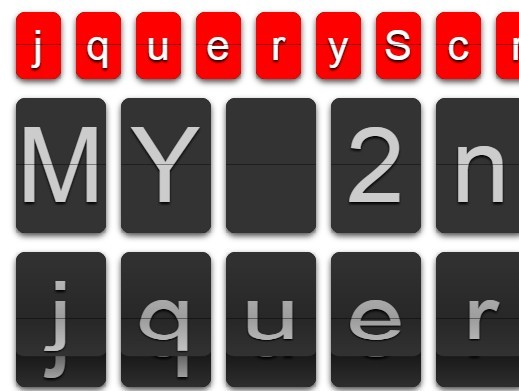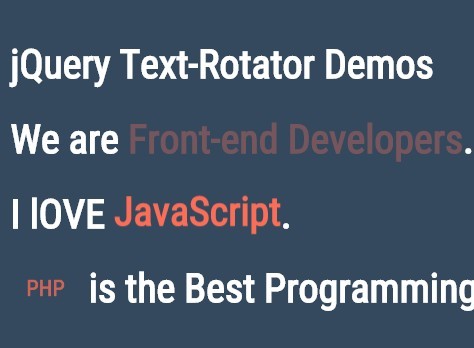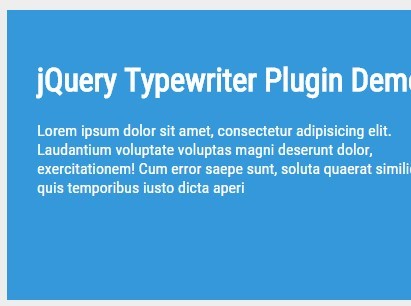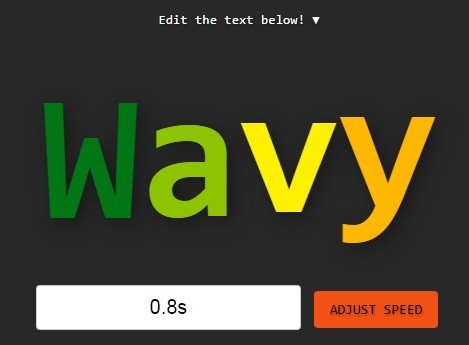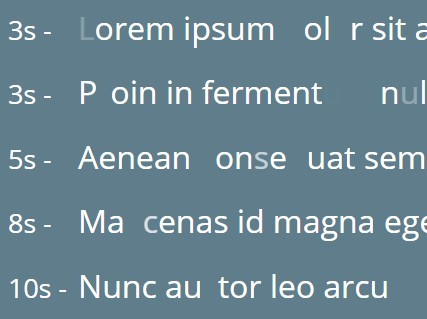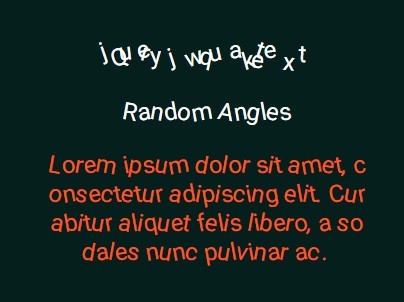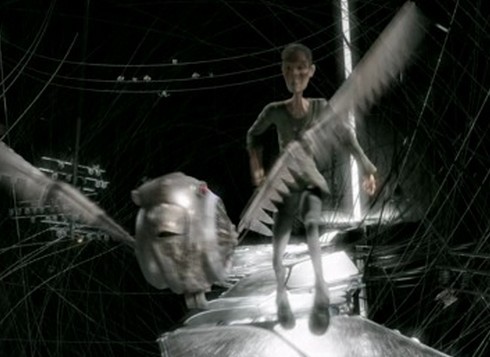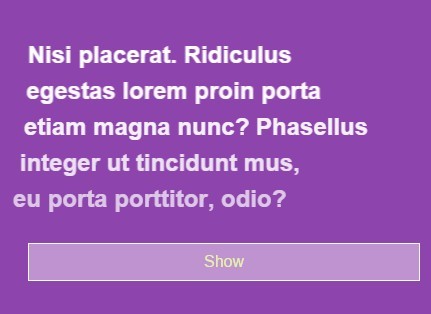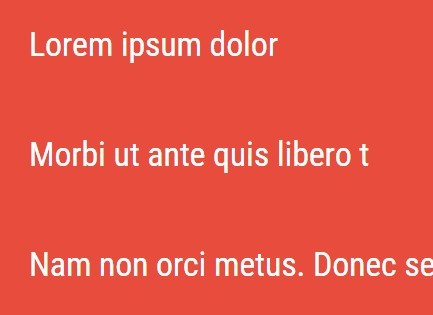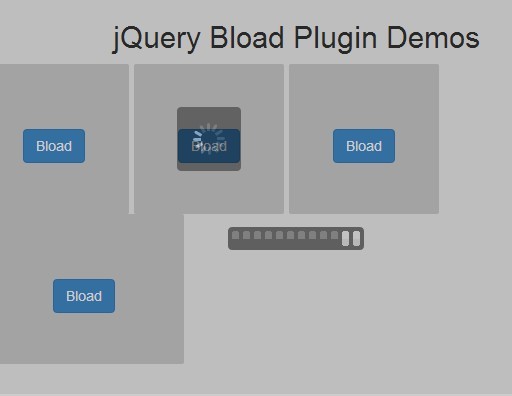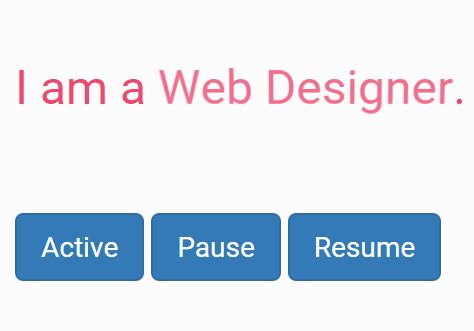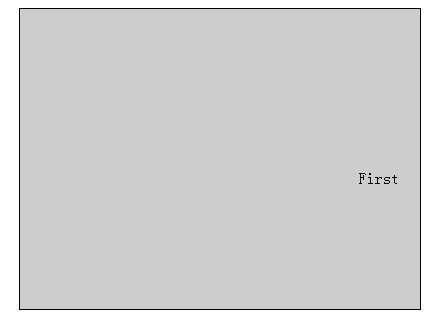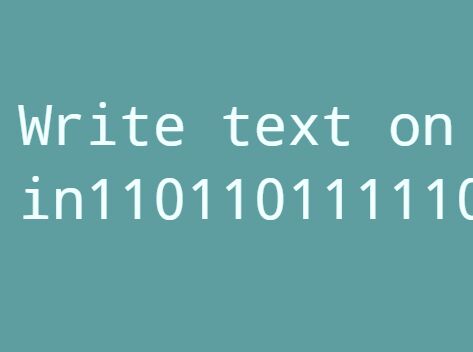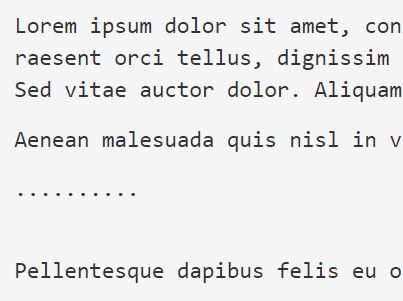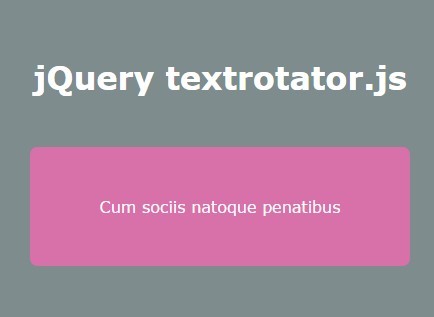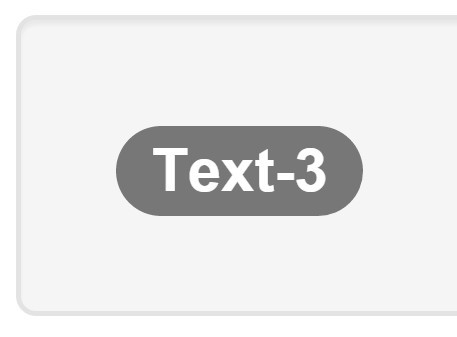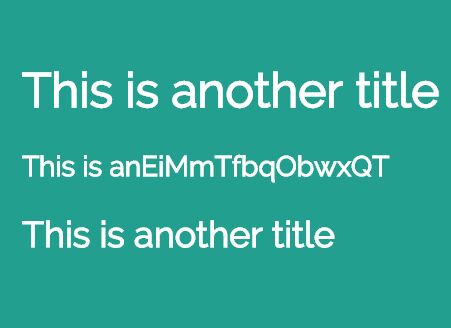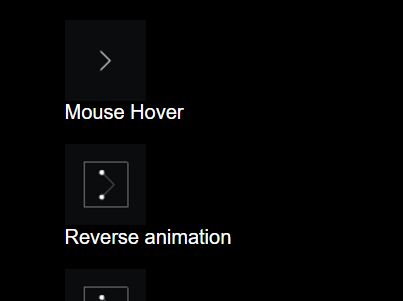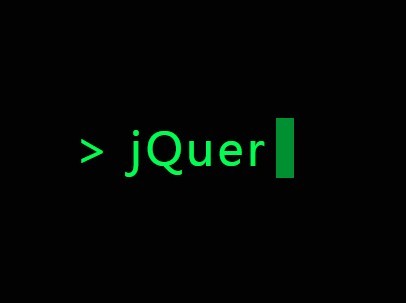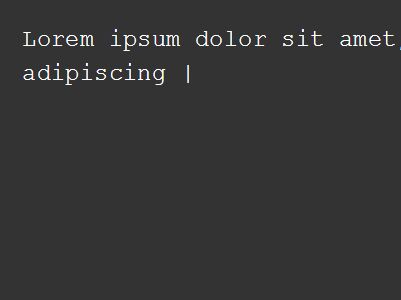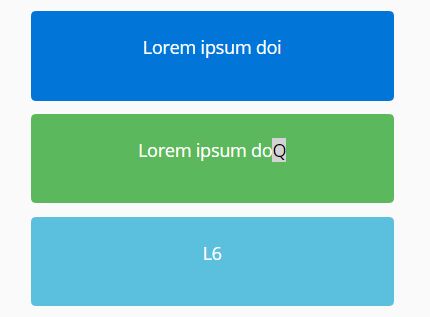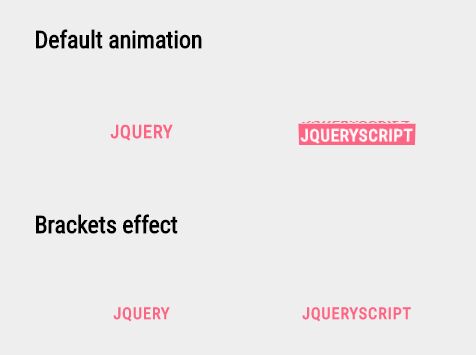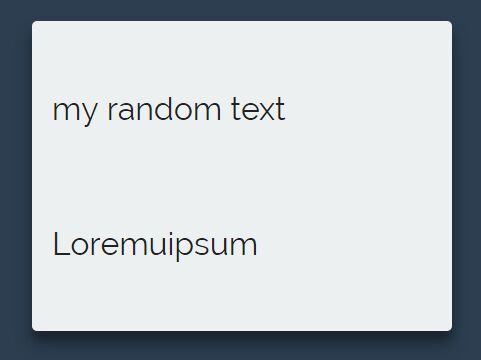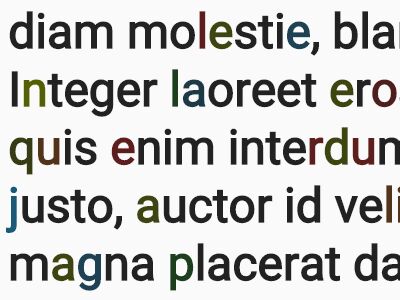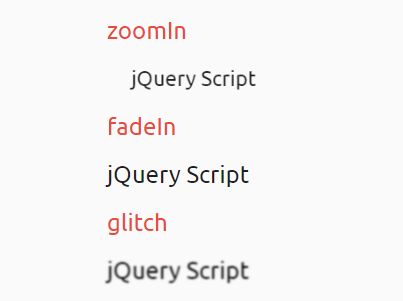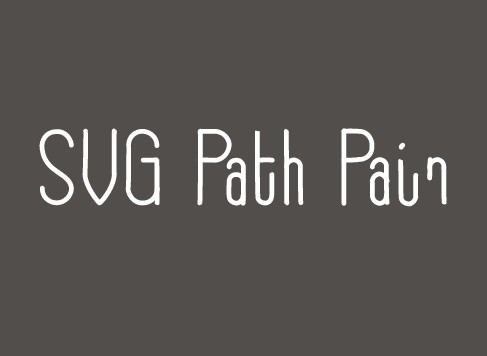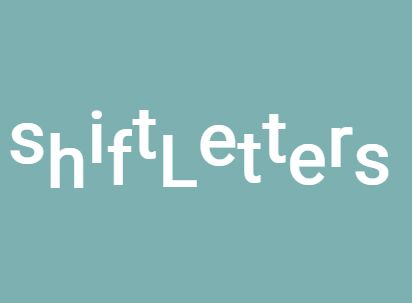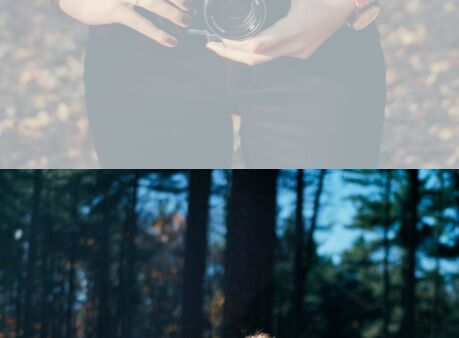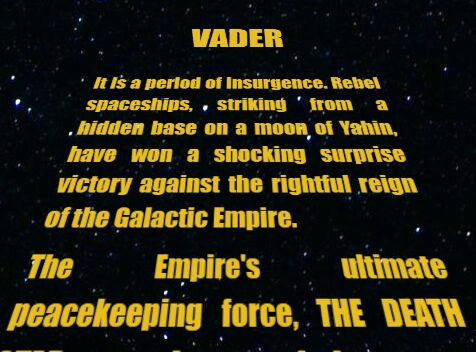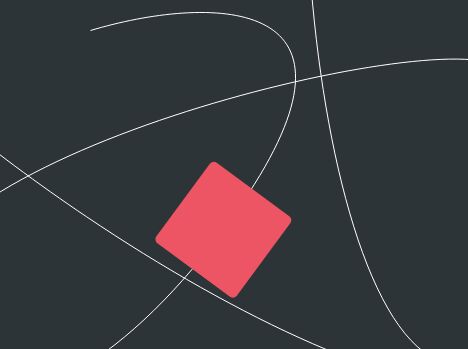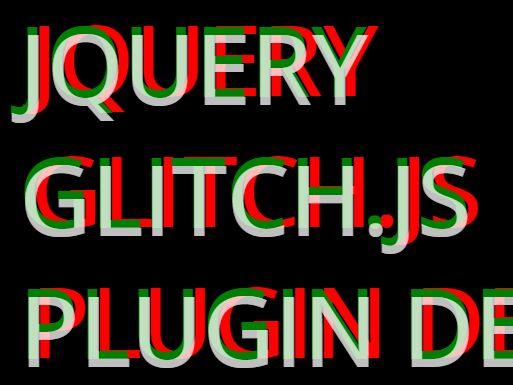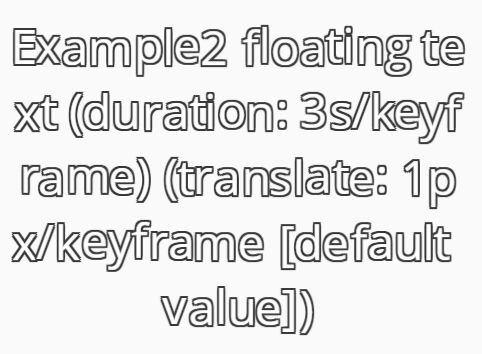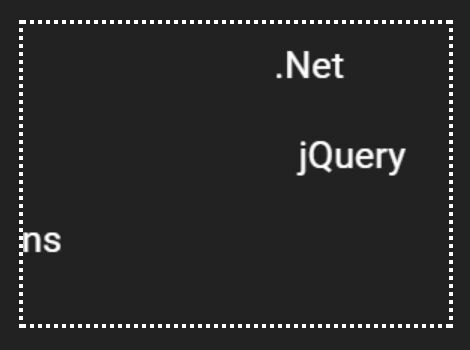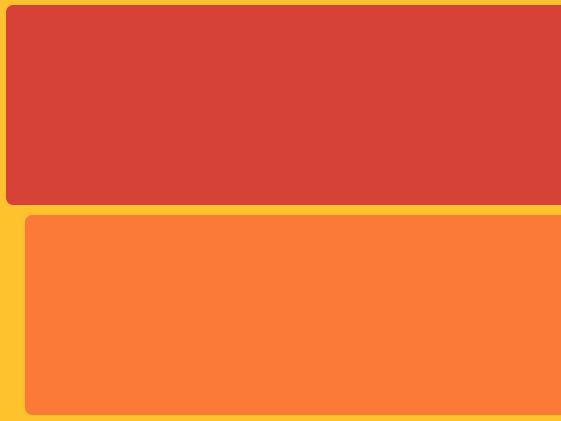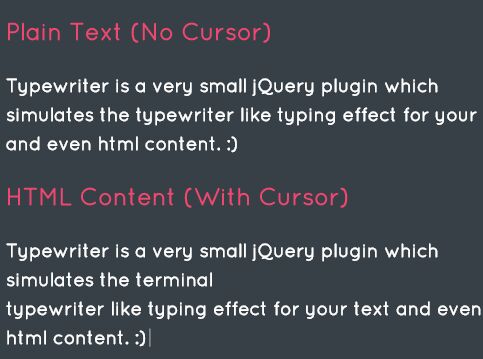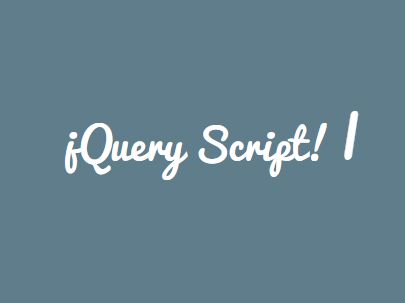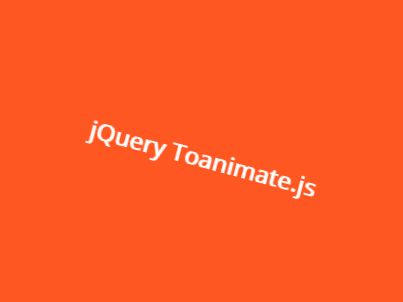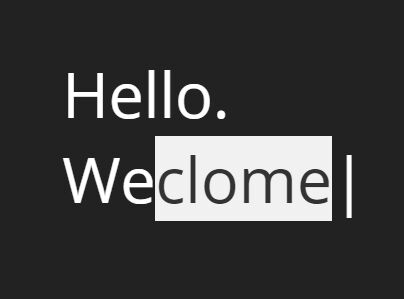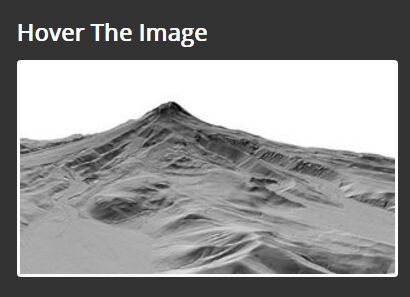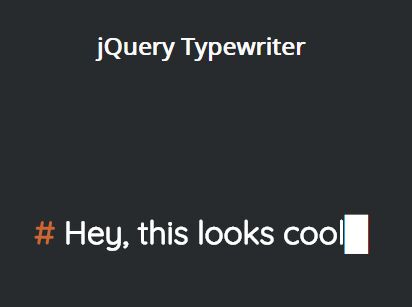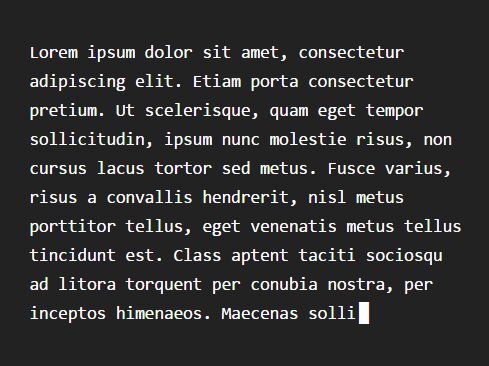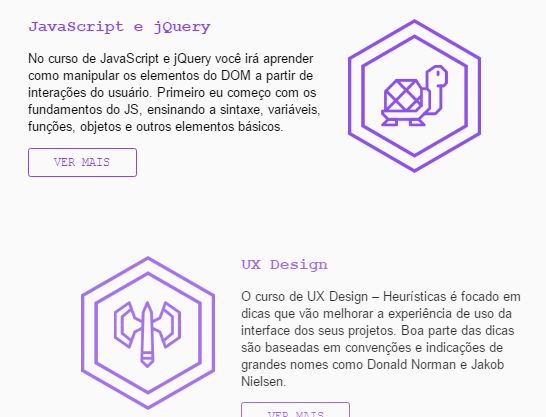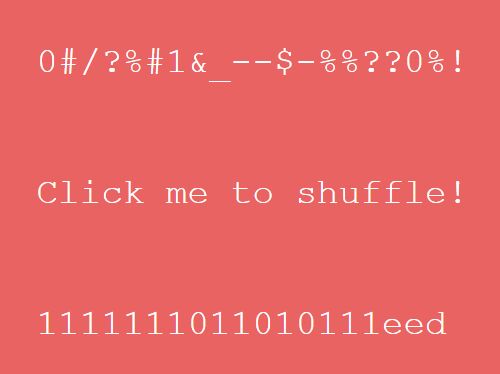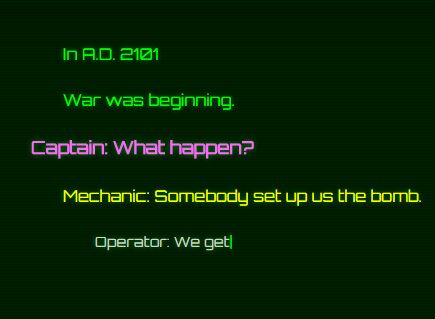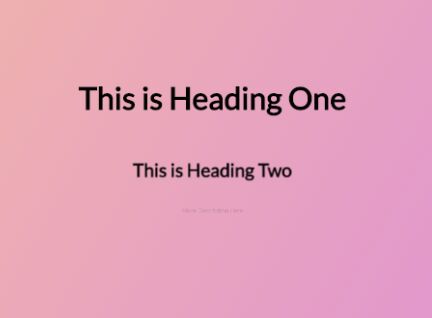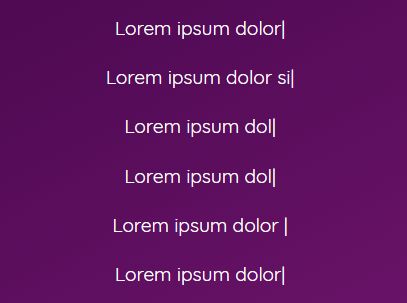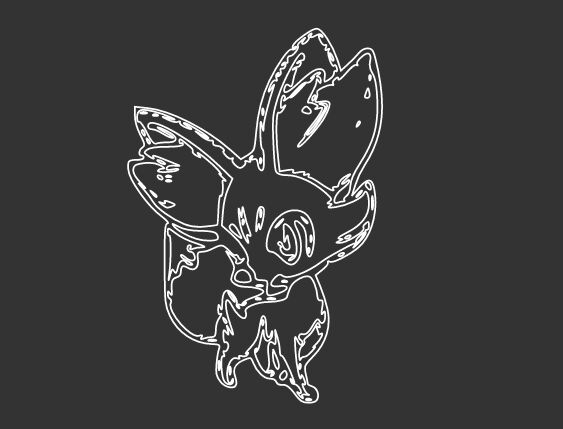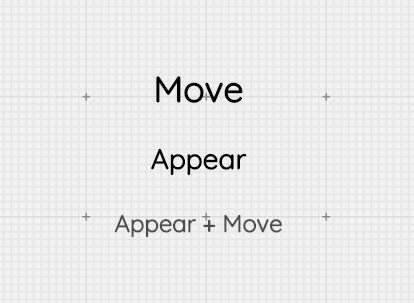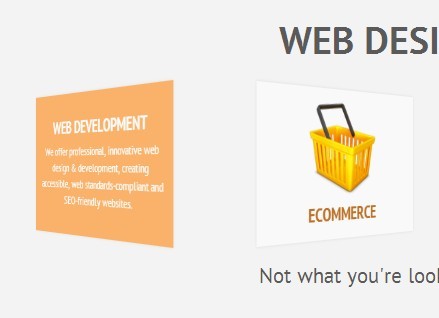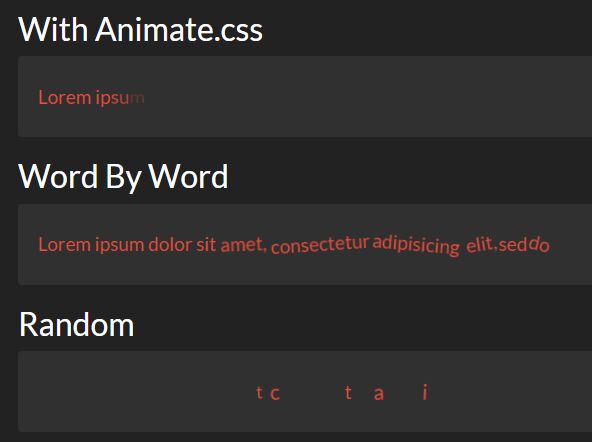Nifty scroll events for jQuery
Adds slick new scroll events to jQuery (like enter and leave) so you can drop scrolling effects like a boss. Requires jQuery 1.11+.
Usage
Load up jquery.scrollex.min.js (after jQuery):
<script src="http://code.jquery.com/jquery-1.11.2.min.js"></script> <script src="jquery.scrollex.min.js"></script>Then call scrollex() on a selector with a configuration object, which is where you'll associate handlers with the events you want to use and set various Scrollex options (see Configuration Reference below). For example, this uses the enter and leave events to change the background color of #foobar to green when we scroll within its boundaries (its contact area), then back again when we scroll out of it:
$(function() { $('#foobar').scrollex({ enter: function() { // Set #foobar's background color to green when we scroll into it. $(this).css('background-color', 'green'); }, leave: function() { // Reset #foobar's background color when we scroll out of it. $(this).css('background-color', ''); } }); });Events
Scrollex supports the following events:
enter
Triggered when the viewport enters an element's contact area. Behavior can be tweaked using the mode, top, and bottom options (see next section).
leave
Triggered when the viewport leaves an element's contact area. Behavior can be tweaked using the mode, top, and bottom options (see next section).
initialize
Triggered as soon as scrollex() is called on an element.
terminate
Triggered as soon as unscrollex() is called on an element, which is used to gracefully undo a previous scrollex() call.
scroll
Triggered as the viewport scrolls through an element. The handler associated with this event is called with a normalized value representing how far the viewport has scrolled through the element (between 0 and 1, although values outside this range are possible if the viewport is above or below the element). For example:
$(function() { $('#foobar').scrollex({ scroll: function(progress) { // Progressively increase #foobar's opacity as we scroll through it. $(this).css('opacity', Math.max(0, Math.min(1, progress))); } }); });mode, top, and bottom
Events that depend on the viewport's position relative to an element's contact area (currently just enter and leave) can be further tweaked using the mode, top, and bottom options.
mode
This determines the rules Scrollex uses to figure out when the viewport is considered "inside" or "outside" an element's contact area. Can be any of the following:
| Value | Behavior |
|---|---|
default | Element's contact area must fall within the viewport. |
top | Top viewport edge must fall within the element's contact area. |
bottom | Bottom viewport edge must fall within the element's contact area. |
middle | Midpoint between top/bottom viewport edges must fall within the element's contact area. |
top and bottom
These let you "pad" the edges of an element's contact area using either a pixel value (150) a percentage of that element's height (25%), or a percentage of the viewport's height (20vh). Positive values work inward and shrink the contact area, while negative values work outward and expand the contact area. For example, this expands the contact area of #foobar by 20% of its height in both directions, resulting in enter triggering a bit earlier and leave a bit later:
$(function() { $('#foobar').scrollex({ top: '-20%', bottom: '-20%', enter: function() { $(this).css('background-color', 'green'); }, leave: function() { $(this).css('background-color', ''); } }); });Configuration Reference
| Name | Type | Default | Description |
|---|---|---|---|
enter | function | null | Enter event. |
leave | function | null | Leave event. |
initialize | function | null | Initialize event. |
terminate | function | null | Terminate event. |
scroll | function | null | Scroll event. |
mode | string | default | Mode (default, top, bottom, or middle). |
top | integer, string | 0 | Top padding (in pixels, %, vh). |
bottom | integer, string | 0 | Bottom padding (in pixels, %, or vh). |
delay | integer | 0 | Delay (in ms) between position checks. |
License
Scrollex is released under the MIT license, so go nuts.
Copyright © @ajlkn
Permission is hereby granted, free of charge, to any person obtaining a copy of this software and associated documentation files (the "Software"), to deal in the Software without restriction, including without limitation the rights to use, copy, modify, merge, publish, distribute, sublicense, and/or sell copies of the Software, and to permit persons to whom the Software is furnished to do so, subject to the following conditions:
The above copyright notice and this permission notice shall be included in all copies or substantial portions of the Software.
THE SOFTWARE IS PROVIDED "AS IS", WITHOUT WARRANTY OF ANY KIND, EXPRESS OR IMPLIED, INCLUDING BUT NOT LIMITED TO THE WARRANTIES OF MERCHANTABILITY, FITNESS FOR A PARTICULAR PURPOSE AND NONINFRINGEMENT. IN NO EVENT SHALL THE AUTHORS OR COPYRIGHT HOLDERS BE LIABLE FOR ANY CLAIM, DAMAGES OR OTHER LIABILITY, WHETHER IN AN ACTION OF CONTRACT, TORT OR OTHERWISE, ARISING FROM, OUT OF OR IN CONNECTION WITH THE SOFTWARE OR THE USE OR OTHER DEALINGS IN THE SOFTWARE.

